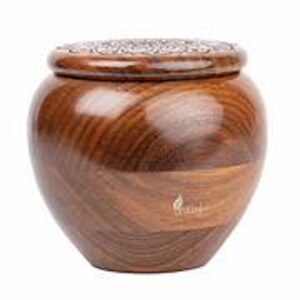
Praying a Poem
For decades I had read and studied poetry. After all, my doctorate had been in literature. But I’d previously read in order to analyze, as I had intended to do that day in the hammock in order to write the review. Was it the hammock’s swaying suspension, its relaxing of my bodily and mental tautness, that released me into poetry’s expansive, prayerful space?






